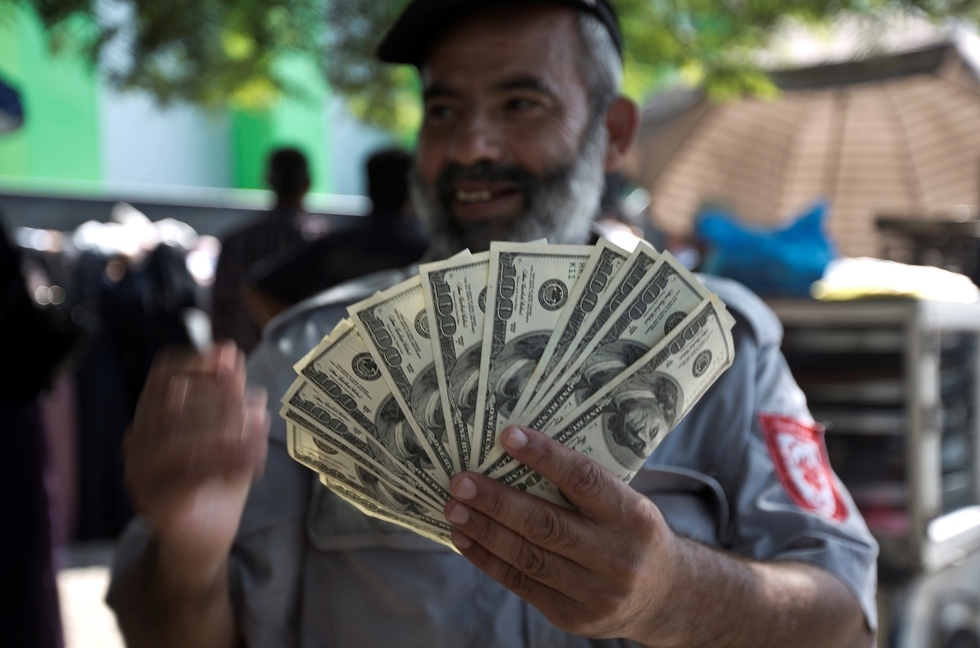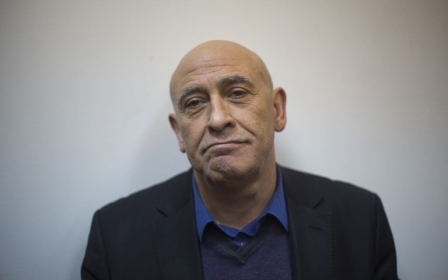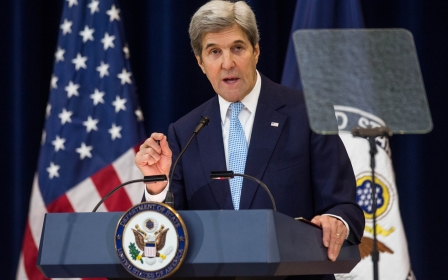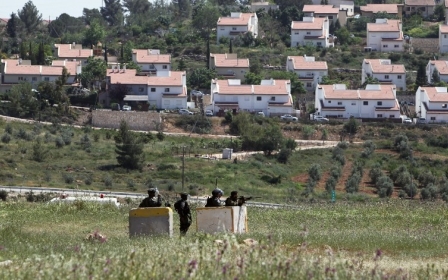Palestinians face deep budget cuts as foreign donations run dry

Foreign financial support to the Palestinian authority is running at about half the forecast level, the Palestinian prime minister told local media on Tuesday, meaning deep cuts will have to be made to the budget this year.
At its cabinet meeting, the government said it expected to run a budget deficit in 2017 of $1.06bn, approaching 15 percent of gross domestic product.
"We had expected to get $1.2bn in (external) support and offers but we have only received $640m so far," Prime Minister Rami Al-Hamdallah told al-Quds newspaper.
Saudi Arabia has in the past been a reliable supporter of the Palestinians, as have the United Arab Emirates and Turkey, but Riyadh has cut back its contributions sharply in recent months.
Normally Saudi pays about $20m a month into the budget, but it stopped making regular contributions last April, in part to apply pressure on President Mahmoud Abbas to implement political changes.
The European Union and the United States have also reduced direct budget support, preferring instead to fund development programmes that target specific areas.
The cabinet statement said the total shortfall in foreign funding was forecast to be $765 million in 2017, which will put pressure on government departments to cut costs.
"Such a decline compels us to adopt an austerity policy in all fields," the statement said.
More than half of all spending - 55 percent - goes on wages for the Palestinian Authority's 156,000 state employees, from teachers and doctors to police and public security staff, according to the finance ministry's 2016 budget.
The economy in the Israeli-occupied West Bank and Gaza grew by about 1.5 percent in 2015, the last full figures available.
However, unemployment stood at 27.4 percent overall - 18.7 percent in the West Bank and 42.7 percent in Gaza, the ministry said.
New MEE newsletter: Jerusalem Dispatch
Sign up to get the latest insights and analysis on Israel-Palestine, alongside Turkey Unpacked and other MEE newsletters
Middle East Eye delivers independent and unrivalled coverage and analysis of the Middle East, North Africa and beyond. To learn more about republishing this content and the associated fees, please fill out this form. More about MEE can be found here.




